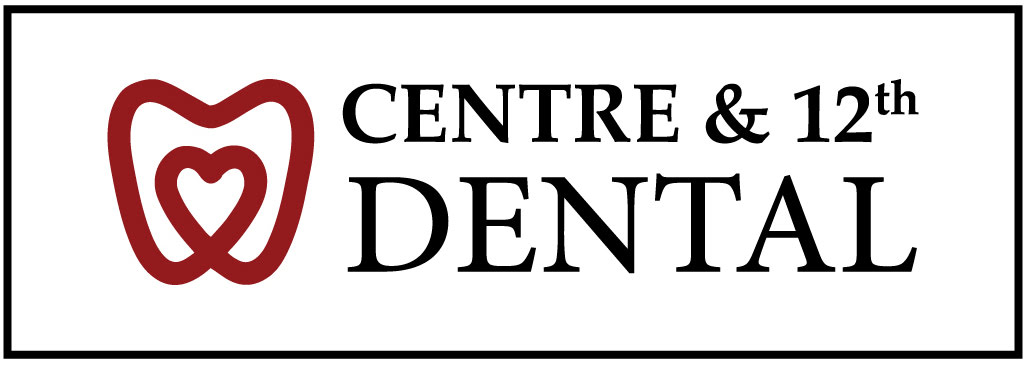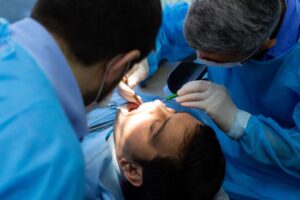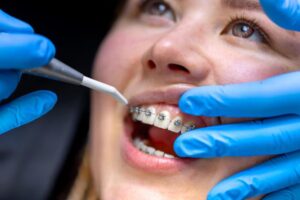Coming Soon
What is the downside of crowns on teeth?
Do you wonder if a dental crown is the best option for your tooth? Dental crowns in Calgary are a common, successful way to repair...
Read MoreComparing Dental Bonding To Veneers: Which Is Better?
A stunning smile can work magic in your working and personal lives. If you are not satisfied with irregular, yellowed, or broken teeth, cosmetic dentistry...
Read More5 Tips to Minimize Pain After Tooth Removal
Getting a tooth removed can sound scary, but it’s often necessary to fix dental problems or make room for braces. Once it has been completed,...
Read MoreIs Botox Right for You? A Guide to Choosing the Right Aesthetic Treatment
Looking in the mirror and seeing wrinkles or fine lines makes you feel self-conscious, especially if it affects how you feel about being confident around...
Read MoreOrthodontics for Teens vs. Adults: What’s the Difference?
Braces or clear aligners are no longer for children alone. Increasingly, adults are opting to enhance their smiles through orthodontic treatment. Treatment, however, may vary...
Read MoreThe Truth About Botox for Migraines: Can It Really Help?
If you suffer from chronic migraines, you know how painful and depressing they can be. Fast headaches, lights and sensitivity to sound, and nausea can...
Read More







